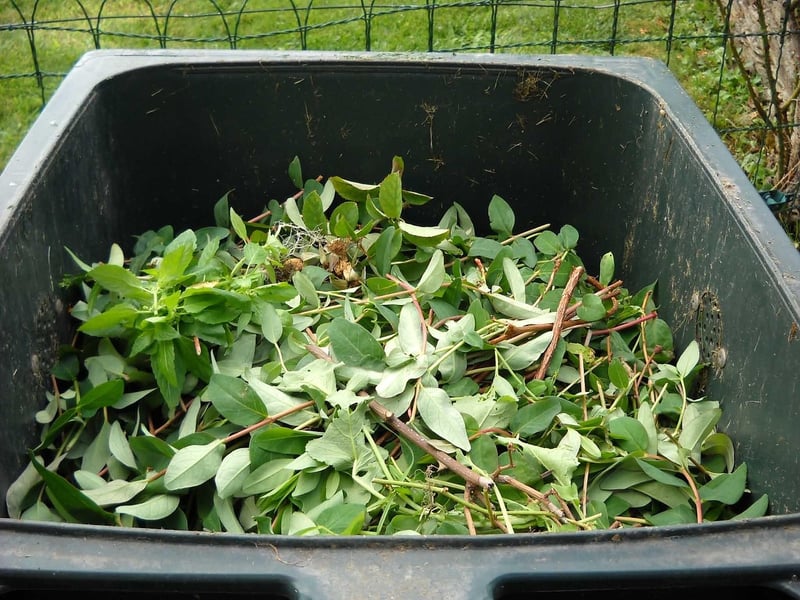Composting Guide
#Gardening resources
#Urban gardening tips
#How-to guides
Composting Guide: Helpful Tools and Information
Introduction to Composting
Composting is a great way to reduce food waste and create nutrient-rich soil for your garden. Whether you are new to composting or looking to improve your composting process, this guide will provide you with helpful tools and information to get started.
Benefits of Composting
- Reduces food waste
- Creates nutrient-rich soil
- Helps the environment by reducing methane emissions from landfills
- Improves soil structure and fertility
- Reduces the need for chemical fertilizers
Essential Tools for Composting
Before you start composting, make sure you have the following tools:
- Compost bin or pile
- Shovel or pitchfork for turning the compost
- Green (nitrogen-rich) materials like fruit scraps and grass clippings
- Brown (carbon-rich) materials like dried leaves and newspaper
- Watering can or hose for maintaining moisture levels
Composting Process
- Start by layering green and brown materials in your compost bin or pile.
- Keep the compost moist but not soggy.
- Turn the compost regularly to aerate it and speed up the decomposition process.
- Compost should be ready in 2-6 months, depending on the size of your pile and environmental conditions.
Common Composting Mistakes to Avoid
- Avoid adding meat, dairy, and oily foods to your compost, as they can attract pests.
- Avoid composting pet waste or treated wood products.
- Avoid letting your compost dry out or become waterlogged.
Recommended Reading
For more in-depth information on composting, check out these resources:
Happy Composting!
Start composting today and turn your food scraps into garden gold. Happy composting!

